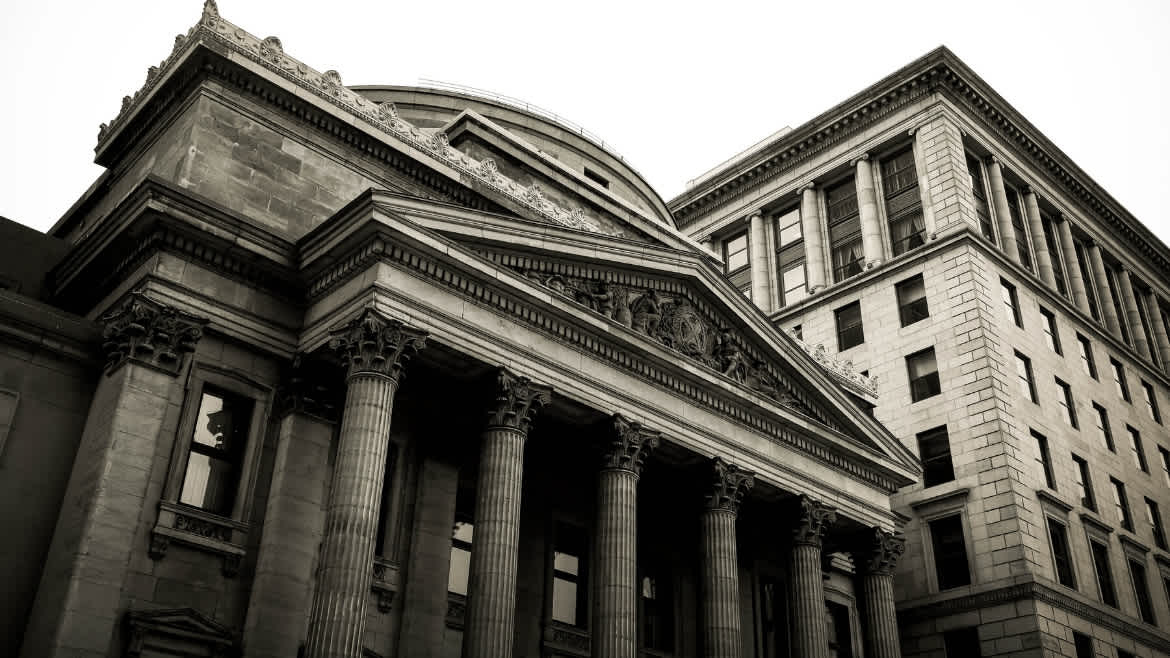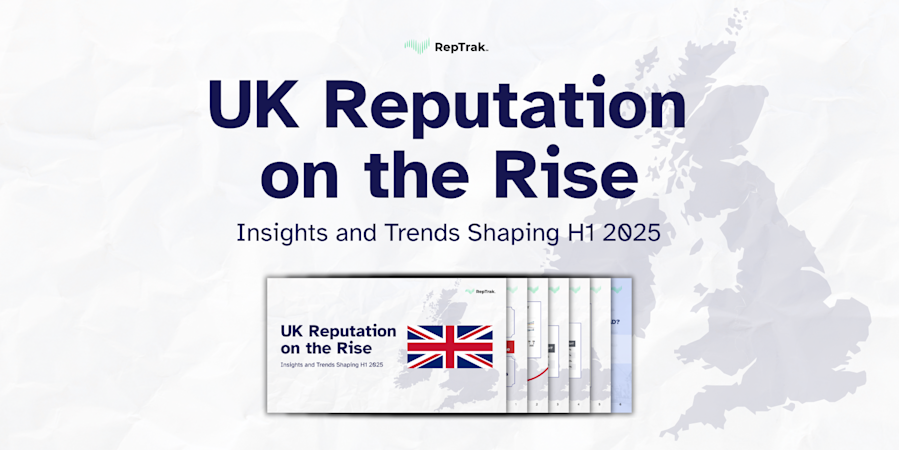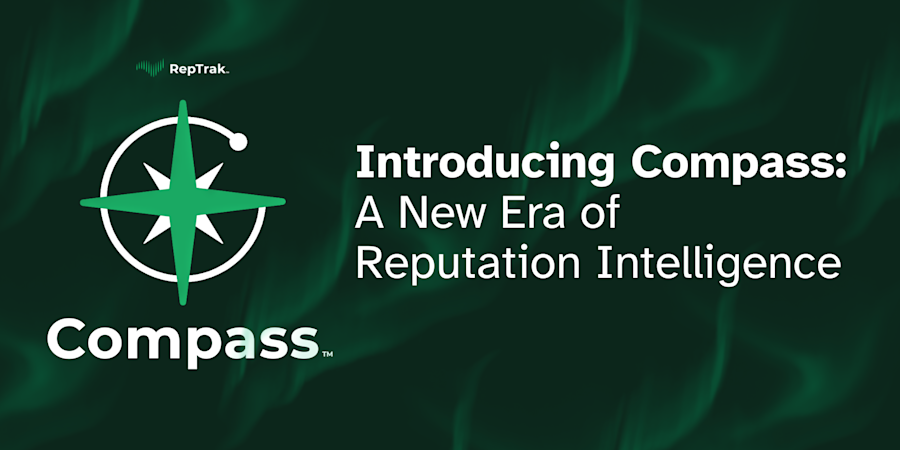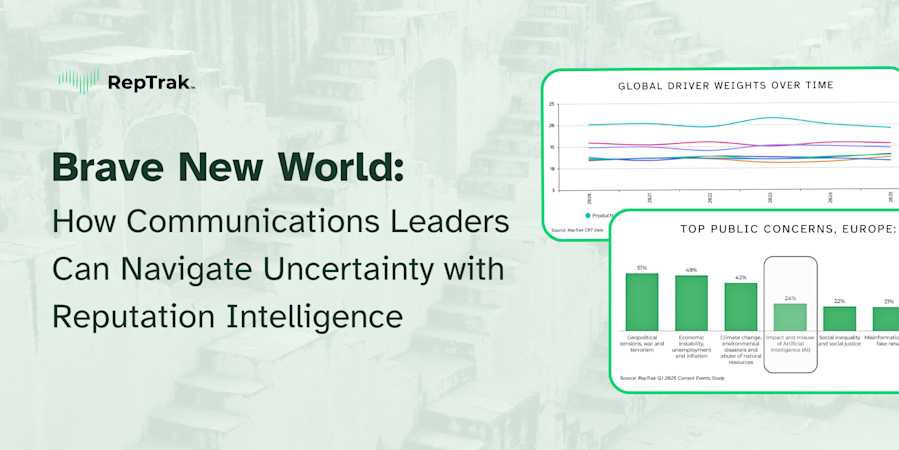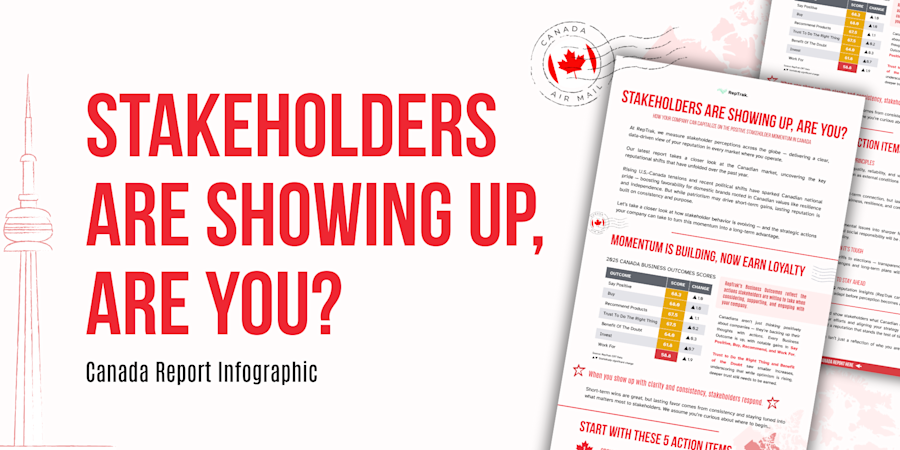Banking Industry Banks on Activism
Blog Post10 Sep, 2019
Corporations worldwide are increasingly coming under the microscope of activists.
Activists may and do include an array of business-driving stakeholders: consumers, investors, employees, and influencers. While their specific goals and interests may vary, activists share a common objective: change the way in which companies do business.
These stakeholders are focused on the broader societal impact that corporations have on communities, their employees and the environment. Recent headlines point to the prevalence of these issues and range from employees calling out Wayfair for selling furniture to detention centers, Google coming under pressure for allegedly mishandling sexual harassment allegations, and Nike deciding to suspend one of its product lines due to concerns over racially charged design features.
A Balancing Act Between Customers, Communities, and Society
The banking industry especially has come under more intense scrutiny, including that of legislators. Some of the largest banks' CEOs were asked to testify before Congress and defend their corporate responsibility record, including CEO pay levels, hiring practices and business associations with controversial organizations and manufacturers. Only recently did major U.S. banks end or reduce their financing of/investment in the private prison industry, as a response to reports highlighting poor conditions of detention facilities. Corporations must perform a balancing act between pursuing their own financial self-interests while living up to their responsibilities as corporate citizens. It is increasingly clear that to sustain licenses-to-operate and public support, banks must convince stakeholders that they can be trusted as reputable actors, actors who contribute to the success of their customers, communities, and society in general. But how important is it for banks specifically to respond to social activism from a reputation perspective? How big of a risk is it to get called out for perceived questionable business associations or other unethical behaviors? Can banks afford to stay silent on current socio-political/economic issues? And does it make sense for the banking industry to be proactive in building their corporate responsibility credentials?
Reputation Risk for the Banking Industry
“If one bank builds a book of business with clients of high character and another bank builds its business with clients of low character… it’s clear which bank will succeed over time.”
– Jamie Dimon, CEO, JPMorgan Chase 2018 Letter to Shareholders
Reputational risks are ubiquitous regardless of industry. While the types of risk, the likelihood of them happening, and the degree of impact may vary, failure to proactively manage and prevent reputational risk, can have devastating consequences. But which risks have the biggest negative impact on banks’ reputations among the informed general public? The results from our annual banking industry study (based on close to 13,000 individual ratings by customers and non-customers of the 40 most prominent large, regional and non-traditional banks) provides some key insights to that effect.
This list shows a wide variety of risks that respondents to our survey were asked to assess in a hypothetical scenario. The Reputation Impact represents the difference between a respondent’s initial rating of the bank’s reputation and the evaluation given, assuming the company had experienced the crisis in question.
Risk (Reputation Impact)
1. Unequal pay by gender (-17.2)
2. Deceptive sales practices/open illegitimate accounts (-17.2)
3. Unequal opportunities for employees due to race, gender, etc. (-16.2)
4. Inappropriate behavior by management/sexual harassment (-15.8)
5. Fires/punishes an internal whistleblower (-15.7)
6. No transparent disclosure of customer fees (-15.5)
7. Employee steals money from a customer account (-14.6)
8. Products/services disadvantaging lower-income/minority customers (-13.5)
9. Employee(s) steal(s) customer information for personal gain (-13.3)
10. Promotes discriminatory business practices (ethnicity, gender, etc.) (-12.7)
11. No active support of employee minimum wage (-12.5)
12. Security breach leads to stolen personal data/financial information (-11.3)
13. Targeted promo offers based on customer banking activity (-10.3)
14. Bank’s data security compromised due to retailer hack (-9.4)
15. Bank does not take public stand on human interest or social issue (-8.7)
16. No customer access to funds for 24 hours due to system failure (-8.1)
17. CEO and senior leaders receive large bonuses (-8.0)
18. Has companies who promote/manufacture firearms as clients (-7.0)
19. Celebrity endorser involved in wrong-doing (-4.2)
The results indicate that unethical, discriminatory workplace conditions and business practices are predicted to be the most damaging to banks’ reputations. The second risk tier is mainly composed of data security risks and banks’ positions on a range of socio-political issues, such as income inequality. A bank’s association with reputationally embattled companies is one of the lowest perceived risks in 2019, but nonetheless top of mind for CEOs of big banks, such as JPMorgan Chase’s Jamie Dimon. The above clearly shows the need for a risk management strategy that focuses on ethical risks—which are very much front and center of recent activism efforts around workplace conditions, and equal and non-discriminatory treatment. But what can banks do above and beyond managing risk? Is it worthwhile leveraging corporate responsibility (CR) as a potential reputation-building tool in the banking industry?
Is corporate responsibility a key driver of corporate reputation in the banking industry?
RepTrak allows us to determine the importance that each of the seven drivers of reputation has in building the emotional connection (i.e. reputation) stakeholders have with any given bank — and ultimately the levels of support they will demonstrate. The higher the percentage associated with each driver, the more important it is in driving reputation, relative to other business areas. At the same time, respondents also tell us how banks score in these same business areas.
What the findings above illustrate is that especially Governance (i.e. ethical and fair behavior) and Citizenship (societal and environmental contributions) weigh heavily in driving bank reputations. From a performance perspective though, banks score on the latter are among the lowest, with Innovation being the only lower score across all drivers. These insights clearly indicate that banks are underperforming on issues and behaviors that are especially important to activists. At the same time, they also present a unique opportunity for the banking industry to proactively build their CR credentials and build the trust and credibility banks are currently lacking in these domains. Banks ultimately have an opportunity to improve both their reputations and stakeholder support.
How can banks embrace the challenge of activism in their industry?
Stakeholder activism is here to stay and is likely to increase in frequency and intensity. Especially against the backdrop of loosening regulations for the industry, including restriction of the Dodd-Frank Act. Banks are going to stay at the forefront of public and legislative scrutiny when it comes to conducting their business in a responsible and ethical way. Activists are looking at broader societal impact, workplace conditions, and investment decisions.
Our findings indicate that ethical risks around employee and customer discrimination should top any and all bank's reputation risk management program. More importantly though, banks have a unique opportunity to proactively address major CR concerns that are top of mind for many activists, including:
Sustain a supportive, safe, fair and financially secure workplace for its employees
Showcase their environmental and community contributions, such as socially responsible investments
Highlight fair and transparent business practices and products that focus on benefiting customers
With the ever-increasing presence and impact of social media and the increased availability and reach of information, banks’ actions are constantly under scrutiny. Those who have the courage to embrace the CR challenge may well create a distinct competitive advantage over those who are constantly on the defense and merely in reactionary mode. Who will have the courage and foresight to step up to the plate?
Sven Klingemann, PhD Research Director The RepTrak Company [email protected]
